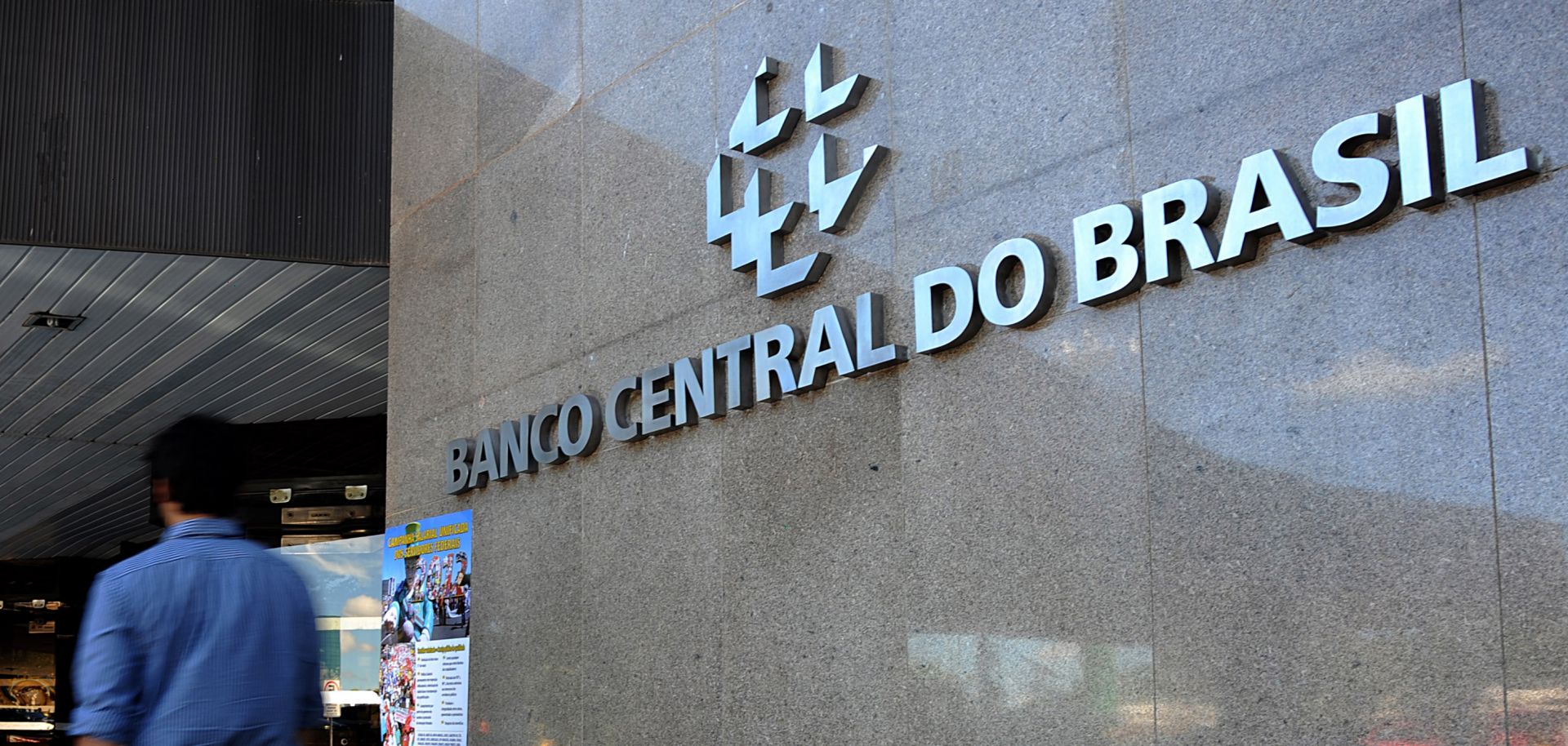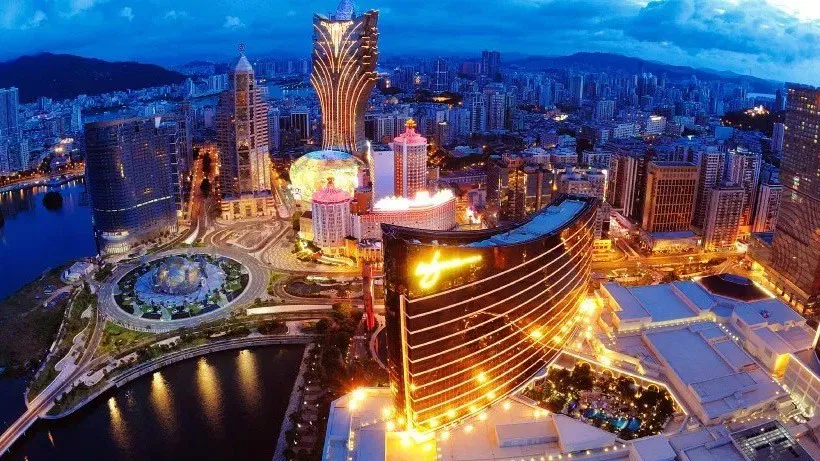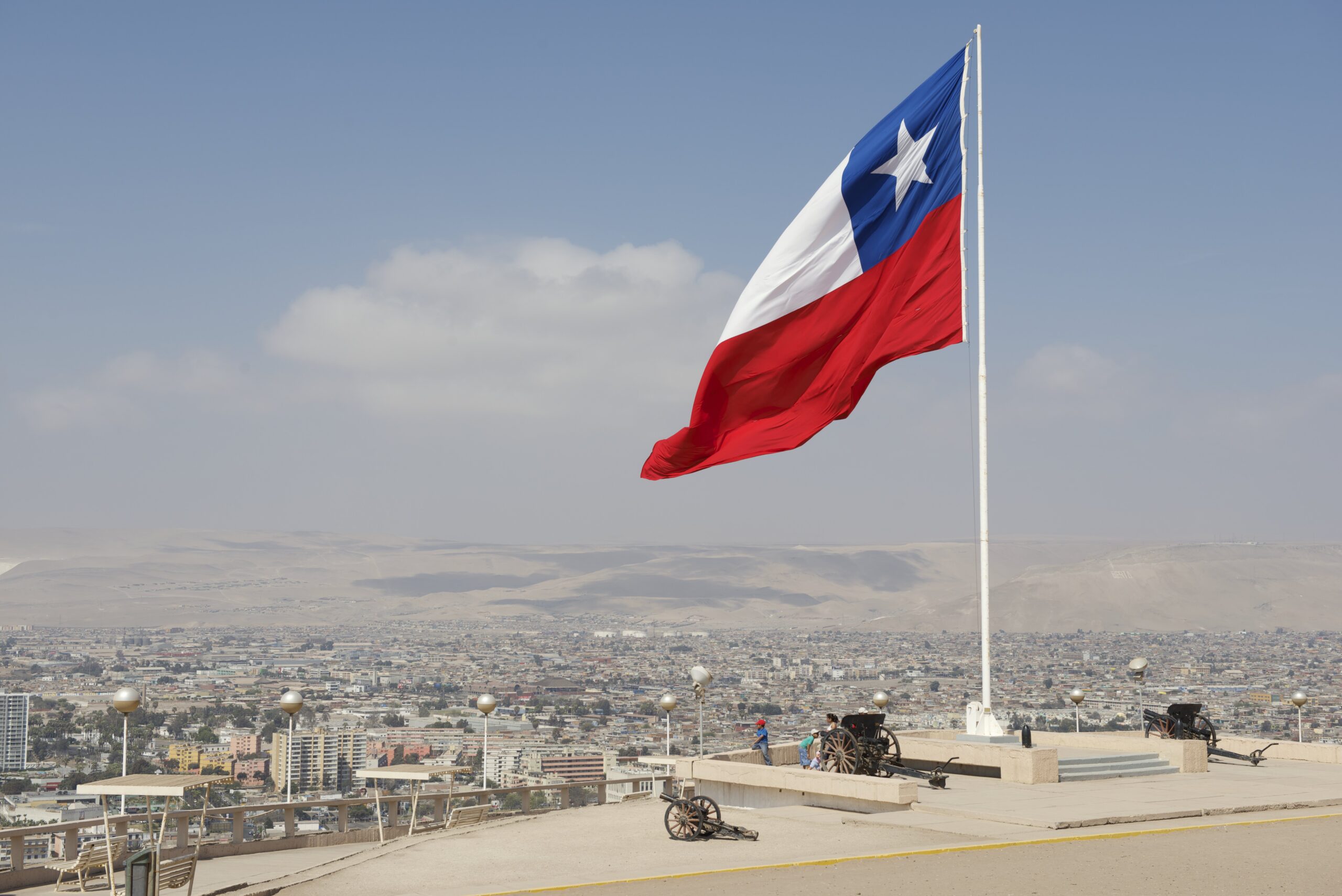A major shift is underway in the gambling market: the legendary provider Novomatic, whose slot machines are known to millions of players around the world, has officially received a B2B license in the United Arab Emirates. This move opens the door for the company to enter one of the most closed-off yet promising markets in the Middle East, where the gambling industry is only beginning to develop on a legal basis.
This news is particularly significant considering that just a few years ago, legal gambling in the UAE seemed impossible. However, times are changing: Emirati authorities are now focusing on developing integrated resorts aimed at premium tourism — and gambling is becoming part of that strategy.
It has already been confirmed that Novomatic’s software will be integrated into the infrastructure of the future luxury resort Wynn Al Marjan Island in the Emirate of Ras Al Khaimah. This ambitious project is currently under construction and is expected to open its doors to guests in 2027. It is set to become more than just a casino — it aims to be a world-class resort capable of competing with the finest establishments in Las Vegas and Macau.
For Novomatic, this is more than just a new license — it’s access to a market that could potentially generate billions of dollars in annual revenue. And for the region itself, it’s another step toward establishing a modern, high-tech, and legal gambling cluster in the Middle East.
The UAE as a new gambling hub: licensing, ambitions, and growth projections
When we talk about gambling, the spotlight usually falls on casinos, betting, and other activities where users play and take risks. However, behind the scenes lies a much more complex ecosystem. One of its key components is the companies that develop and supply the technology, content, and infrastructure for gambling operators. These are the businesses that receive what’s known as a B2B license (short for “business-to-business”).
Simply put, a B2B license is an official authorization for companies that don’t take bets directly from players but support those who do. This includes slot machine developers, RNG (random number generator) providers, online casino platform developers, payment solution providers, data analytics tools, and even companies that handle KYC/AML checks (player identification and anti-money laundering compliance).
Getting a B2B license is far from a mere formality. It signals to the market that the company complies with stringent local laws, has passed checks for financial stability, has a transparent corporate structure, and offers technically reliable products. In the case of the UAE, this is especially significant, as the country is just beginning to shape its gambling regulatory framework. That means the first licensees are under heightened scrutiny from both regulators and investors.
What a B2B License Involves
To obtain such a license, a company must go through a thorough and often demanding process. The regulator — in this case, GCGRA (General Commercial Gaming Regulatory Authority) — requires detailed information on:
- All business beneficiaries
- Ownership structure
- Software used and its independent audits
- Compliance with data security standards (e.g., encryption and protection of personal data)
- Internal policies for preventing fraud, money laundering, and exploitation of vulnerable player groups
Additionally, in some cases, companies must demonstrate that their software is already in use in other regulated jurisdictions. Having an existing license from Malta, the UK, the Isle of Man, or the state of New Jersey, for instance, can be a strong advantage when applying for a license in the UAE.
Second Licensee: Novomatic Follows Aristocrat
Novomatic’s appearance on the list of licensed gambling providers in the UAE is no surprise — but it’s no less significant. The company entered the market following Aristocrat, which obtained its license in October 2024, becoming the first officially recognized B2B provider in the history of the United Arab Emirates. That milestone marked the beginning of a new era for the entire region — for the first time, major international gambling brands were granted the opportunity to operate in a previously untapped and closed market segment.
Aristocrat was granted the right to provide its games and technical solutions for both offline venues and the future online sector. And that’s a key point: from the very beginning, the regulator made it clear that the focus wouldn’t be limited to land-based casinos. Online gambling, sports betting, and mobile gaming will also be part of the legal framework — it’s just a matter of time.
Aristocrat’s Legacy and Global Influence
For those familiar with the industry, Aristocrat is a heavyweight name. The company, founded in Australia in 1953, has long been one of the world’s top three gaming solution developers. Its slots can be found in nearly every casino — from Las Vegas and Macau to Latin American halls and European online platforms.
Aristocrat is known for its emphasis on high-quality content and an innovative approach to game design. Some of its titles have become iconic:
- Buffalo — a series recognized even by casual players
- 5 Dragons, Queen of the Nile, Choy Sun Doa — classics that have become staples in slot halls
- Branded games based on major franchises like Game of Thrones, The Walking Dead, Mad Max, and more
The company is also actively expanding in the digital space. In 2017, Aristocrat acquired Plarium and Big Fish Games, significantly strengthening its position in the social and mobile gambling sectors.
Why It Makes Sense: Novomatic Follows Aristocrat
What makes the situation especially interesting is the sequence in which the biggest players are entering the UAE market. Aristocrat led the way, followed by Novomatic. It’s very likely that others like IGT, Light & Wonder, Playtech, and more will join in — but these two companies stand out as the trailblazers.
They have everything needed to lay the groundwork for the UAE’s future gambling ecosystem: reliable content, battle-tested technical platforms, global experience, and strong business teams.
Wynn Al Marjan Island: The Largest Casino Resort in the Region
While leading gaming providers like Aristocrat and Novomatic are securing licenses and forming strategic partnerships, the heart of the UAE is already buzzing with construction of what is set to become the flagship of the country’s emerging gambling market — Wynn Al Marjan Island. Wynn Resorts became the first operator to receive a license to develop a land-based casino resort in the Emirates — a milestone already being hailed as historic, not just for the country, but for the global industry.
Wynn isn’t just building another casino — they’re creating the most expansive and ambitious project in the region, one that in many aspects is expected to surpass even their iconic Wynn Las Vegas. The resort is being developed on the man-made archipelago Al Marjan Island, in the Emirate of Ras Al Khaimah, and is slated to open in 2027.
The casino floor alone will span 224,000 square feet — larger than that of Wynn Las Vegas, which is often considered the gold standard of luxury and gaming in the U.S. So it’s safe to say: the focus here is firmly on the ultra-premium segment.
Why Wynn — and Why Ras Al Khaimah?
The choice of Wynn Resorts was no coincidence. It’s one of the most respected and reputable operators in the global gaming industry, with dozens of prestigious awards for service, architecture, design, and industry leadership. The Wynn brand is synonymous with excellence, elite hospitality, and a loyal HNW (high-net-worth) clientele.
As for the decision to build in Ras Al Khaimah rather than the more familiar Dubai or Abu Dhabi — it may seem unexpected at first, but a deeper look reveals a well-considered strategy:
- First, the emirate has long prioritized tourism, but lacked a large-scale signature attraction.
- Second, local authorities were among the first to show flexibility and a willingness to introduce gambling under strict regulation.
- Third, Al Marjan Island is a blank canvas — an open space where bold, ambitious ideas can be realized without the limitations of dense development or cultural friction.
Additionally, Ras Al Khaimah offers a more favorable tax environment, making the project especially appealing to investors.
Market Potential: Billions in Annual Revenue
Expectations are high — in line with the scale of the project. According to Wynn Resorts CEO Craig Billings, the casino alone could generate between $1 billion and $1.67 billion in annual gross gaming revenue (GGR). And that’s just one part of the resort’s broader economic footprint.
Surrounding infrastructure will also rapidly develop — including an airport, roads, residential properties, shopping centers, business hubs, and more. Analysts are already predicting that with the opening of Wynn Al Marjan Island, Ras Al Khaimah could solidify its position as a new premium destination in the Middle East, one that could even rival Dubai.
What This Means for the Gambling Market
Coming back to licensing and providers — Wynn Resorts will be the first to not only build a resort but also integrate licensed B2B software from approved partners. It’s already confirmed that technologies from Aristocrat and Novomatic will be featured, with more suppliers likely to join in the future.
Wynn is setting the quality standards and operational blueprint for gambling in the UAE. If the company succeeds, it will provide a model for others to follow. And given Wynn’s ambition and resources, the chances of success are very high.
UAE Gambling Market Forecast: $8 Billion Annually
What’s happening in the UAE today can only be described as an economic breakthrough for the gambling industry. Following the news of the construction of the massive Wynn Al Marjan Island resort, and licenses granted to giants like Aristocrat and Novomatic, the main question has shifted to: How big is the potential of this new market?
The answer came quickly. Craig Billings, CEO of Wynn Resorts, stated in an interview with CNBC that, in his estimation, the UAE’s gambling market could generate up to $8 billion annually. And this is no empty forecast — this is the opinion of the person leading the region’s largest project and working closely with local authorities and investors.
Why Such Figures? Growth Factors
At first glance, the figure might seem ambitious, especially for a country that only recently began to be considered as a gambling destination. But upon closer inspection, it all makes sense:
1. High Purchasing Power
The UAE is one of the wealthiest regions in the world. The average income here is significantly higher than in other Middle Eastern countries. Add to this the expats, business travelers, tourists, and VIP clients from neighboring countries — and you have a huge base of potential players ready to spend on premium entertainment.
2. Focus on Luxury Tourism
The Wynn resort is not aimed at mass tourism. It’s designed as an attraction for affluent clients who expect a certain level of service and experience from a casino. The UAE has long focused on this segment, and gambling here is becoming a natural extension of the luxury tourism strategy.
3. Legalization and Strict Regulation
The creation of a dedicated regulator — GCGRA — and the gradual rollout of licensing show that the authorities are not just permitting gambling but building it from scratch according to international standards. This inspires confidence among both operators and investors.
How the UAE Compares to Other Fast-Growing Markets
For comparison, Singapore with its two integrated resorts (Marina Bay Sands and Resorts World Sentosa) generates around $4-5 billion in annual GGR. The Philippines, another growing hub, reached $6 billion in 2023 and continues to grow, thanks to POGO (Philippine Offshore Gaming Operators) and strong government support.
Macau, while still the largest gambling market globally, is undergoing a period of reassessment post-pandemic and in light of pressure from Chinese authorities. This opens up the possibility for the emergence of a new leader in Asia and the Middle East, especially if the UAE market continues to develop at this pace.
Huge Investment Potential
Interest in the market is already evident. In addition to Wynn, MGM Resorts has also announced plans for an integrated resort, and casino brands and software providers are actively exploring the territory. Major funds and developers are showing interest in non-gaming assets surrounding the new resorts — from hotels to shopping complexes.
For investors, this represents an opportunity to enter the market early and establish positions before competition reaches its peak. Given that licensing is supported by a clear regulatory framework, the risks appear moderate, especially in comparison to other jurisdictions.
Remaining Challenges
However, it’s important to understand that the market is still in the early stages of development. Among the potential challenges:
- Cultural Restrictions: Despite reforms, the UAE remains a Muslim country, and balancing tradition with commercial interests is a delicate matter.
- Limited Access for Locals: Initially, the market will primarily target tourists and expats.
- Uncertainty in Regulation: Despite the transparency of GCGRA, many questions remain about how the online segment, sports betting, cryptocurrency payments, and other aspects will be regulated.
But the key takeaway is the intention to develop steadily with a focus on international experience, and this is perhaps the strongest aspect of the current model.
Conclusion
The granting of licenses to giants like Novomatic and Aristocrat marks an important step in confirming the UAE’s serious intentions to become a major gambling hub in the region. This is not just the opening of new market opportunities, but also a symbol of the country’s readiness to build the industry on a solid foundation of transparency and strict regulation. The legalization of gambling, in turn, is happening under stringent regulatory conditions, which helps ensure safety for both players and investors. This approach guarantees that the industry’s development will follow a clear path, adhering to international standards while minimizing potential risks.
The UAE is on the verge of becoming a key player in the gambling market, and with every step — whether it’s the construction of new resorts or expanding opportunities for operators — the country strengthens its position as a promising and secure market for investment. In the future, we can expect not only an increase in interest from international investors but also the emergence of new innovative solutions in the gambling sector, making the UAE a global magnet for tourists and players alike.

 Companies
Companies 





